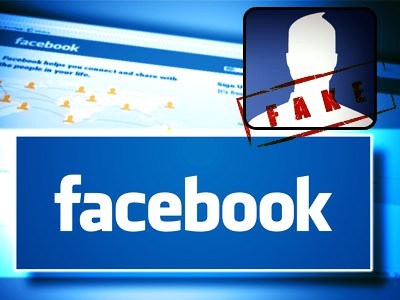Have you seen a lot of friend requests on your social media accounts recently and no matter how you jiggle your memory, you can’t seem to remember where you met the person? Probably because the friend request is from someone who owns a fake account. Some requests might be harmless, but what if it’s a malicious one? Here’s how you can tell the difference:
Watch Out for Scammers. These are people who requests to befriend you just to gain access to personal information which are only restricted to your Facebook friends. They may use the information in the future for phishing purposes.
Beware of Malicious Linkers. These people posts malicious links after you befriended them and worse, these links might appear in your newsfeed and your friends’ newsfeeds too.
Don’t get hooked on Catfishers. Just because you see a sexy model as a profile picture of someone who sends you a friend request doesn’t mean it’s a real account. Don’t be fooled. They might just be looking for a willing love victim online.
Be wary of Embittered Ex or a Doubtful Partner . Just because he/she is your ex doesn’t mean he/she don’t want to know what you’re up to anymore; and just because he/she is your current doesn’t mean that he/she doesn’t want to check your fidelity.
How do you Spot the Fake from the Real?
- Familiarity. Can you recall where and when you met the requester? Do you have common friends? If you can view their friends’ list, check if you have a lot of mutual friends that are close to you. Sometimes, even if you share mutual friends but their list is less than 300, you should be wary of accepting the request too.
- Request from an attractive opposite sex. It could be a ruse to victimize you so be careful in accepting the request too.
- Information. If the requester doesn’t have a lot of information available on their bio section, it could be a sign that the account is fake. Location check-ins or status updates might also be very limited on fake profiles.
- Pictures. A valid account usually post a lot of pictures, unless it’s your grandmother who joined in the Facebook party late and thus has a limited history or limited pictures on Facebook.
It might be great to have a lot of friends on your social media accounts but it helps to be wary and check the fake from the true ones. If you happen to have a business page, doubly so, as they might use your business information for their personal gain.
Need other social media tips? Check out our blog section and stay tuned to the next live feeds from The Social Media Man of Orange County.
Source:
How to Spot a Fake Friend Request, netsecurity.about.com
